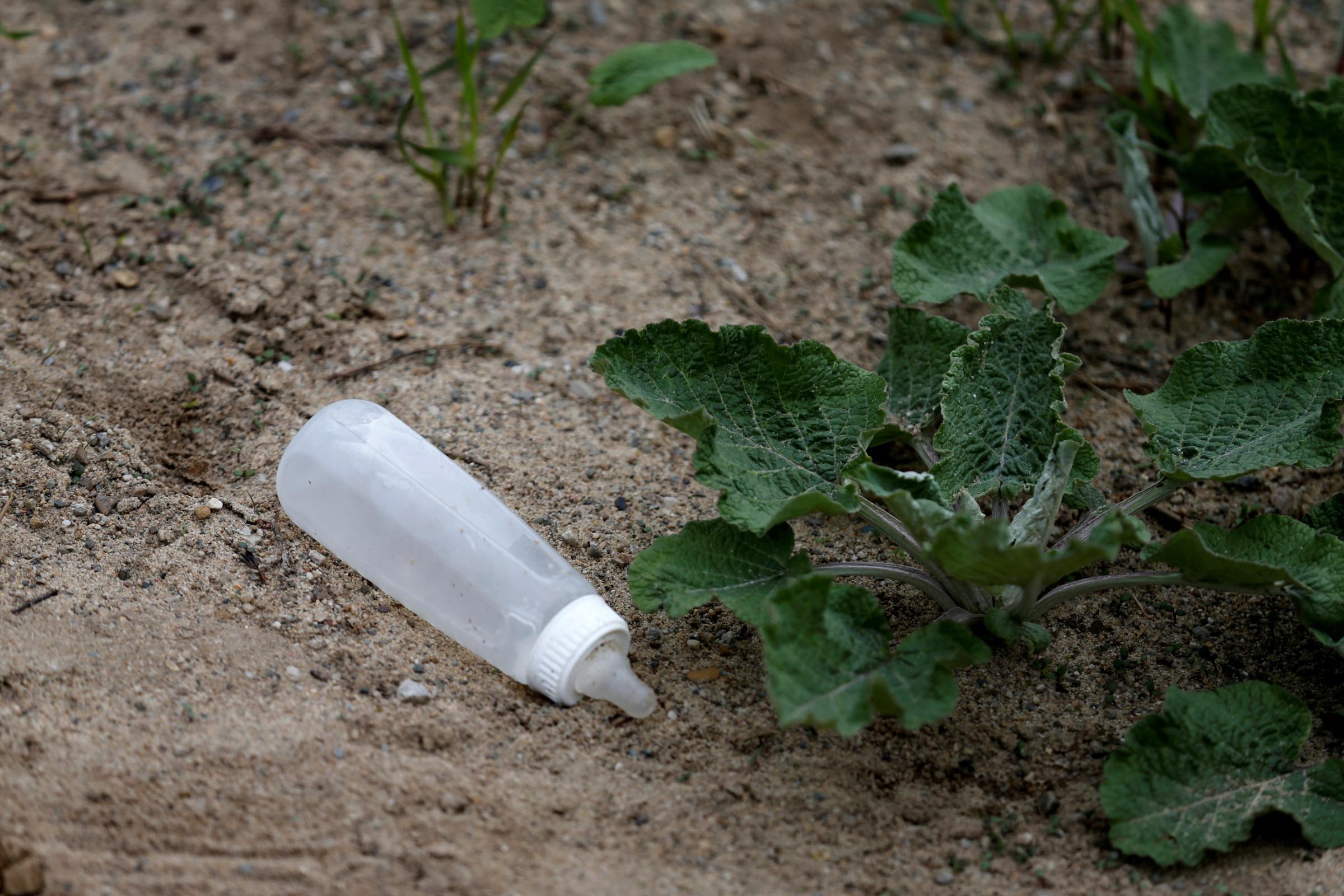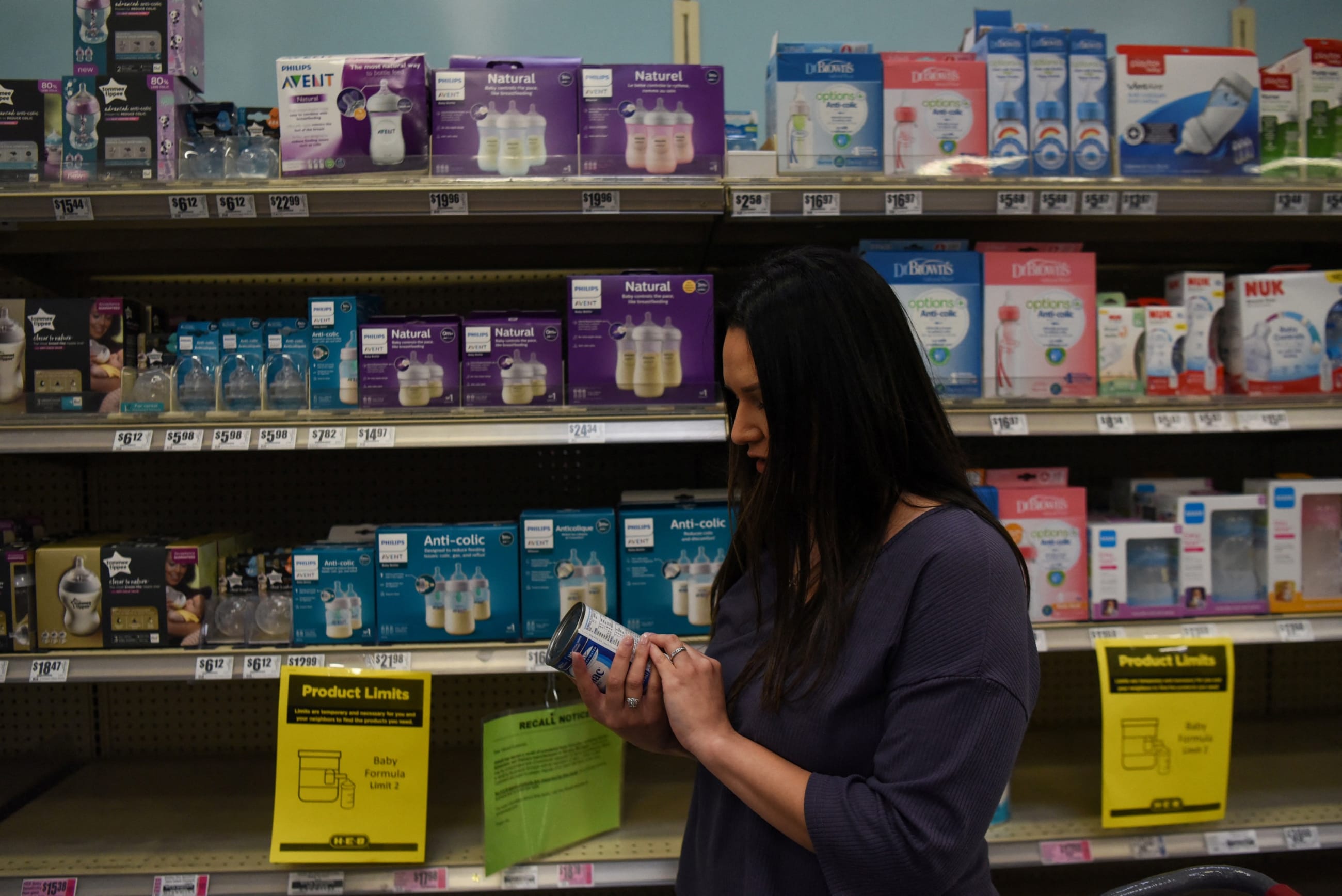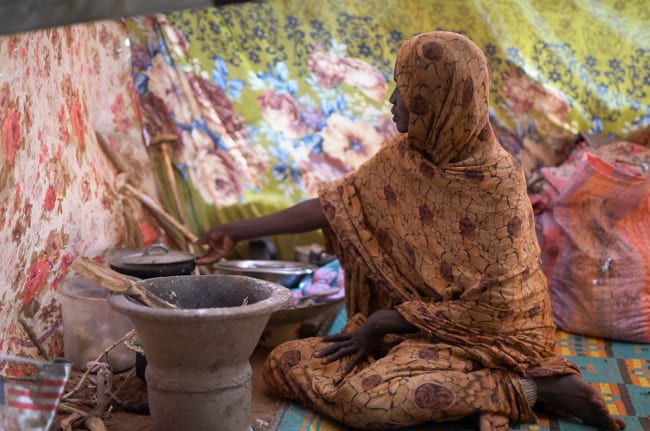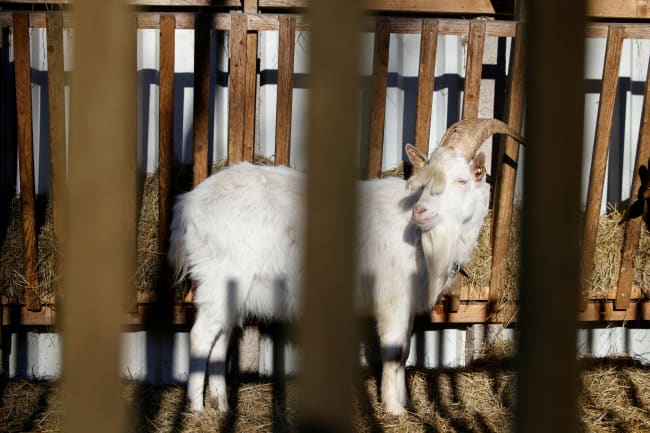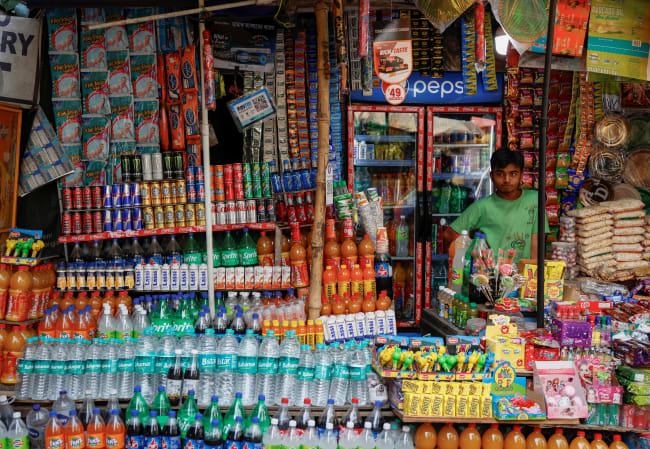When the largest manufacturer of baby formula in the United States initiated a product recall and voluntarily closed its formula-making plant in February after some children who consumed their product became sick and died, the country spiraled into a baby formula shortage. This week, the first shipment of formula from Europe arrived to relieve the situation. To learn more about how the shortage is affecting families on low incomes, we spoke with Kelly Sawyer-Patricof and Norah Weinstein, co-chief executive officers at Baby2Baby, a Los Angeles-based nonprofit organization that provides basic needs to babies in poverty locally and in disaster areas across the country.
□ □ □ □ □ □ □ □ □ □ □ □ □ □ □ □
Think Global Health: From your perspective, how is the current baby formula shortage affecting low-income families in the United States?
Kelly Sawyer-Patricof: This crisis exposes the fragility of the formula supply chain, which is so devastating for families living in poverty. Families report that when they do not have enough funds to purchase formula, they water down formula, use juice or milk as a replacement, or transition children to solid foods before they are developmentally ready.
Our mission at Baby2Baby is to provide families with diapers and other essentials that every child deserves, and that mission has become even more critical during this formula crisis. We distribute to homeless shelters, domestic violence shelters, hospitals, and foster programs, and many of these parents don't have any other option than formula.
This crisis exposes the fragility of the formula supply chain
Think Global Health: Why is it more devastating for families in poverty compared to well-off families? And how do you define "families in poverty?"
Norah Weinstein: The shortage has been devastating for every parent, but in particular for families living in poverty. The recent recall in brands that have contributed to this shortage included WIC-approved options, making it even more difficult for low-income families to feed their children. The families we serve don't have the luxury of switching to a more expensive brand, buying in bulk, or access to multiple stores or online deals to search for available items.
Families living in poverty are those that don't have the resources to get the basic essentials they need for their children. It means having to make impossible trade-offs between food, rent, and essential items like diapers.
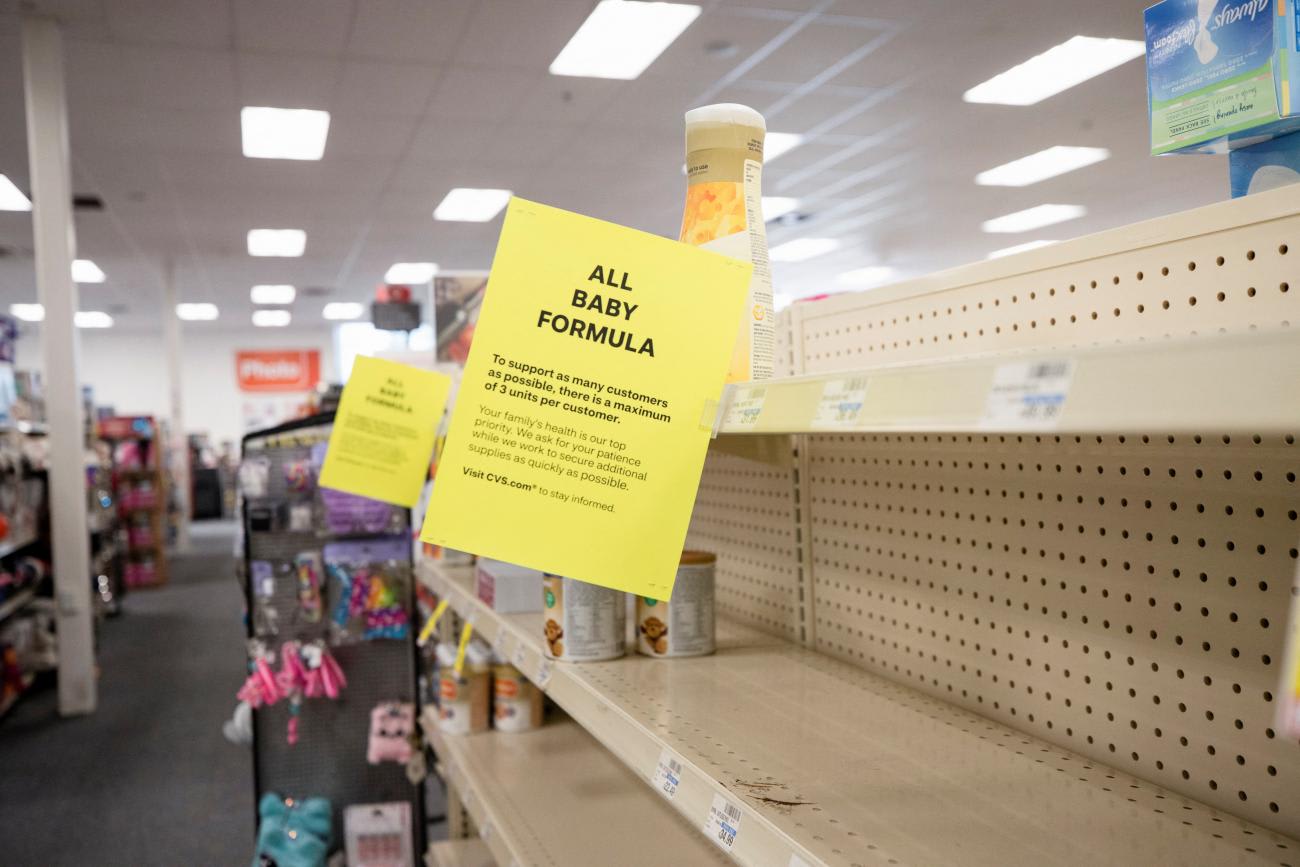
The pandemic highlighted that so many families across the country have no safety net when a crisis hits, which perpetuates an existing poverty cycle. So even when formula comes back on the shelves, our families will still struggle to afford it or other basic necessities like diapers. Over the past 11 years, we have distributed 240 million items like diapers, clothing, formula, and other essentials to families living in poverty.
Think Global Health: Are there certain areas of the country that are more hard-hit than others, and if so, why?
Kelly Sawyer-Patricof: The formula shortage is impacting families and mothers across the country, and we're trying to reach families in every state. We've already sent formula to California, Virginia, Florida, Pennsylvania, and South Dakota, and have more on the way to the most vulnerable communities. Areas that are "food deserts," or have a limited number of nearby stores, can be particularly hard hit because families don't have the option to go to multiple stores. Since the pandemic began, we've distributed essentials to over 150 cities across the United States.
Areas that are "food deserts" can be particularly hard hit because families don't have the option to go to multiple stores
Think Global Health: Did Baby2Baby see this shortage coming? And were you able to prepare at all?
Norah Weinstein: Absolutely. We've been providing basic essentials to families living in poverty for the last decade, and in every single emergency, they are always hit the hardest. This formula crisis was not a surprise when it comes to the availability or the affordability of essential items for the families we serve. We've seen firsthand how many families have struggled to afford baby formula.
When COVID-19 first hit, our requests for formula went up 860 percent immediately, and we work to find innovative solutions to meet the demand for our services. Since the pandemic began, we've given out 300,000 cans of formula. The shortage continues to be a result of rising inflation, recalls, and issues with supply chains from the pandemic—and we've been highlighting this access issue since it began.
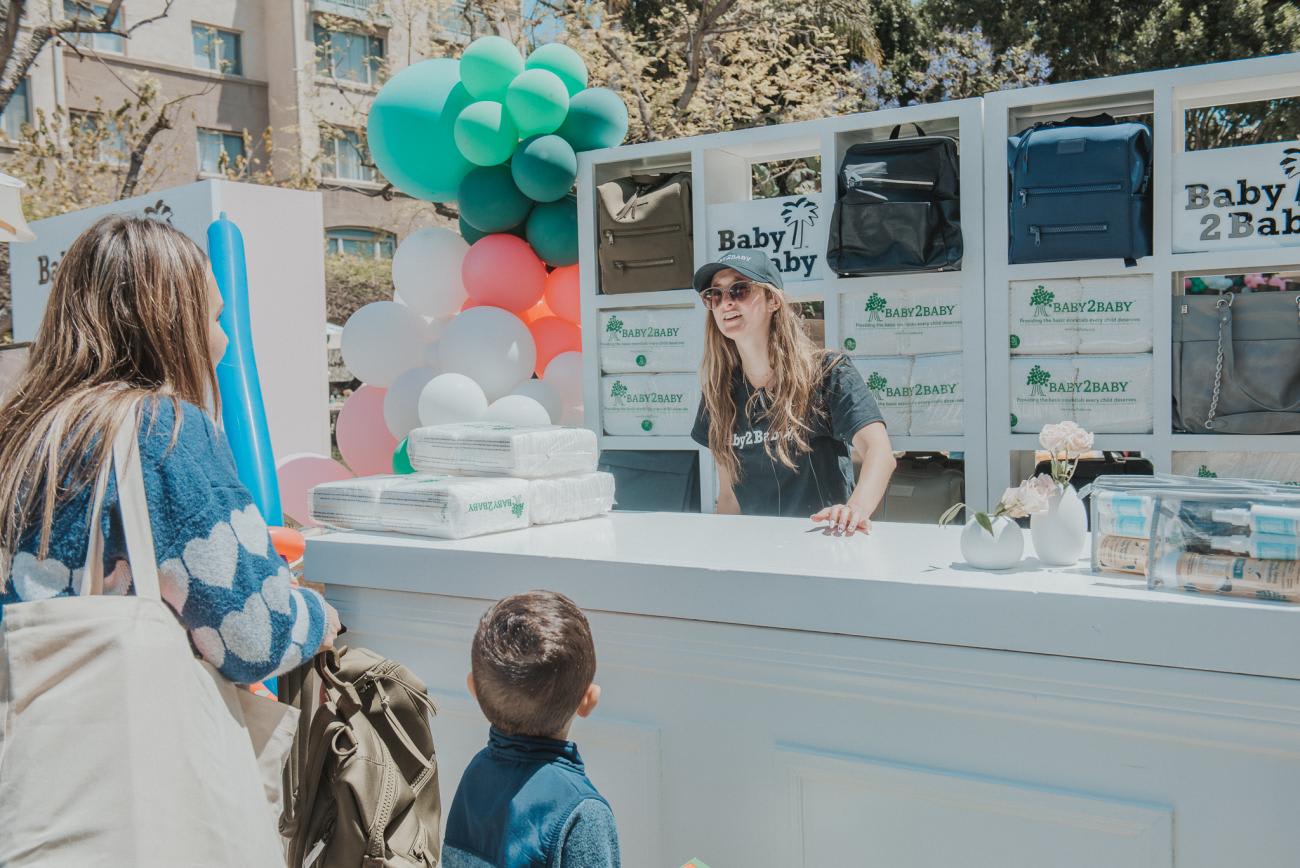
Think Global Health: You are working with long-time wholesale partners to produce made-to-order formula to fill some gaps. Can you explain what is involved in making formula?
Kelly Sawyer-Patricof: We're going through smaller factories for the formula we're ordering, and wholesalers who weren't impacted by the recall, and we're not nearly producing the mass amounts that the formula giants make. Our production is helping to fill in the gaps while we wait for more supply from the government and big manufacturers, but we certainly can't solve this issue on our own. We all need to all work together, and do whatever we can, to bring this crisis to an end.
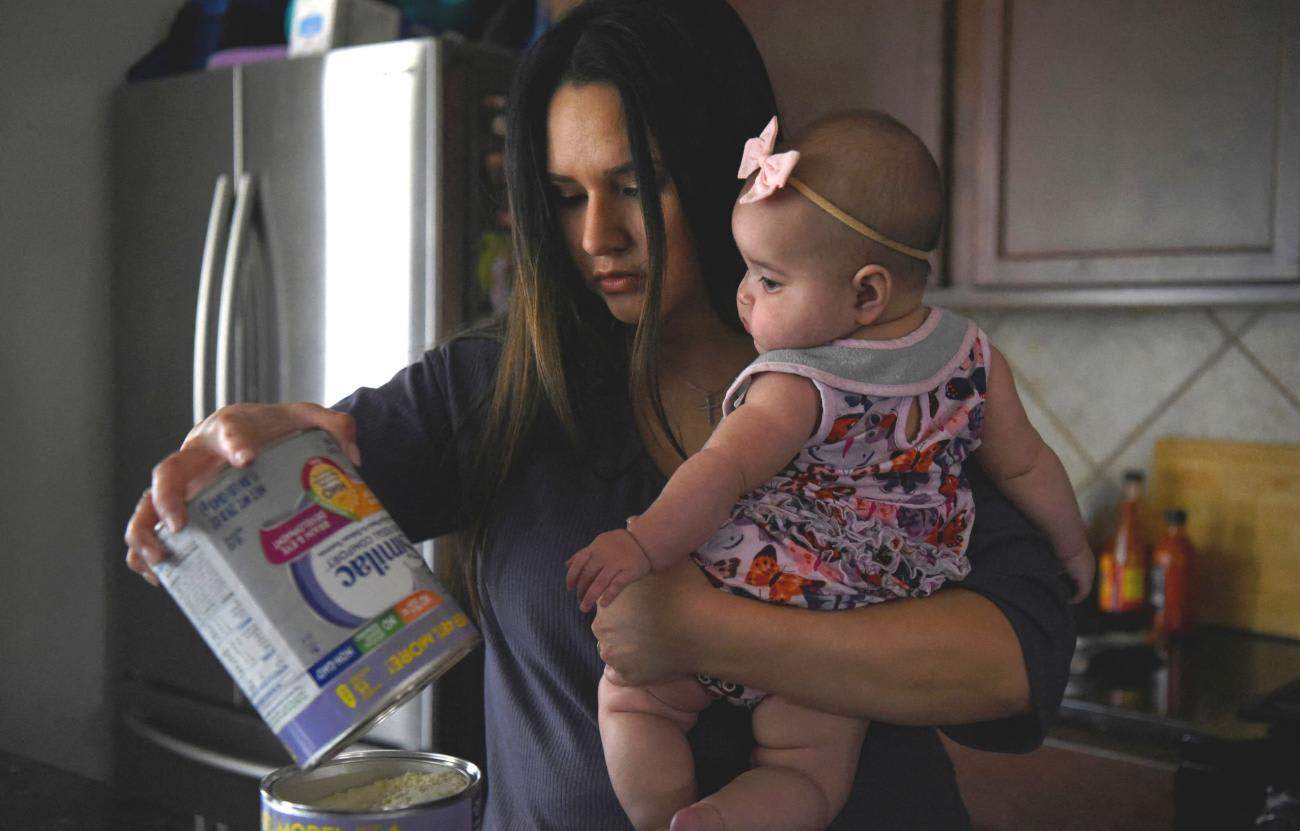
Think Global Health: Do individual families come to you for help? Or do you work with other partners to supply diapers and formula to families in need? How many families do you serve and how do you get them supplies?
Norah Weinstein: We distribute to homeless shelters, domestic violence shelters, schools, diaper banks, hospitals, resource centers, and foster care programs, and many of these parents don't have any other option than formula. Foster parents, parents of adopted children, single dads, malnourished mothers all need formula. And in the absence of baby formula, they're resorting to desperate measures to feed their children.
We also work with a number of partners to make this work possible, including our manufacturing and wholesale partners as well as corporate sponsors who help us source the supplies we need to distribute to local communities.
Through our work, we've served one million children across the country in all fifty states.
The pandemic highlighted that so many families across the country have no safety net when a crisis hits, which perpetuates an existing poverty cycle
Think Global Health: What are your main priorities right now as you seek solutions to this crisis?
Kelly Sawyer-Patricof: Our key priority at Baby2Baby is to ensure that families and children in poverty are provided with diapers, formula, and other basic essentials. We will continue to find creative and innovative ways to address these crises to make sure we can provide these basic necessities to the families we serve. Additionally, we are focused on continuing to advocate for issues such as the rising costs of formula once the shortage has been solved, and the diaper tax that still exists in 33 states—and to shed light on these and other challenges affecting families and children.
